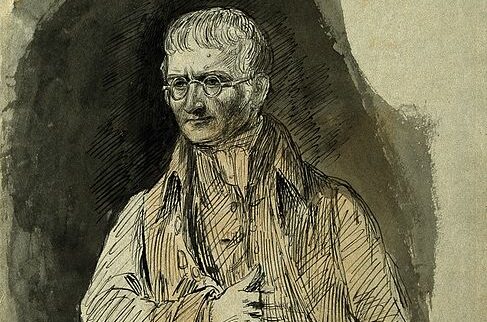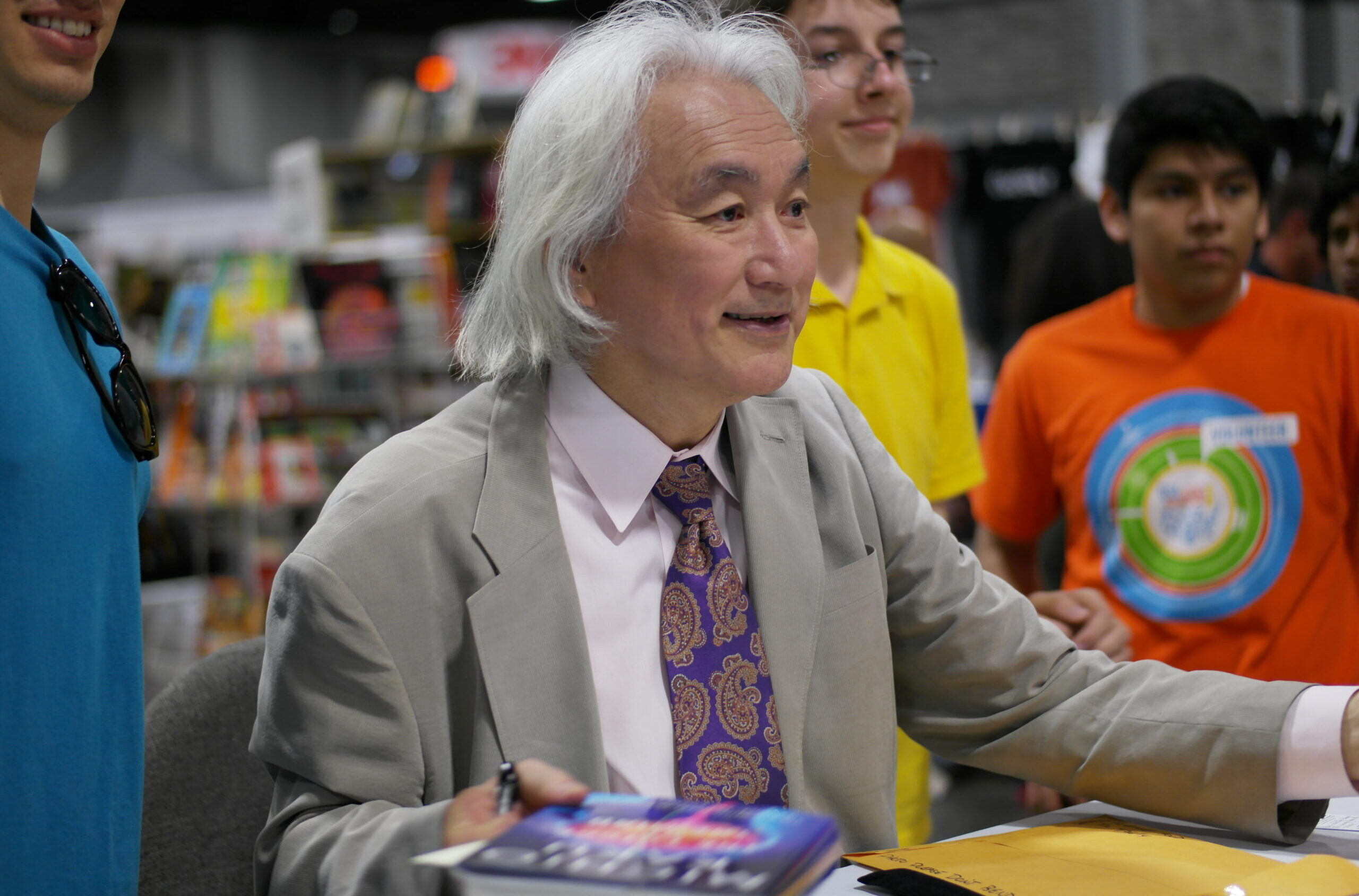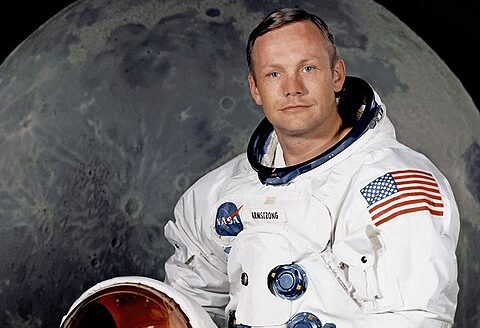John Dalton, the English chemist, physicist, and meteorologist, was a remarkable figure in the history of science, known primarily for his revolutionary work in atomic theory. Born into a modest family in Cumberland, England, in 1766, Dalton faced economic challenges that hindered his access to formal education. Despite these obstacles, he displayed a keen interest in the natural world from a young age.
Atomic Theory Debate:
Dalton’s most significant contribution to science was his atomic theory, proposed in the early 19th century. At the time, the prevailing belief was that matter was continuous and could be infinitely divided. However, Dalton’s theory suggested that matter was composed of indivisible particles called atoms, and each element was characterized by its unique atom. This groundbreaking concept laid the foundation for modern chemistry and transformed the scientific understanding of matter.
While Dalton’s atomic theory eventually gained widespread acceptance and acclaim, it initially faced skepticism and criticism from some scientists. The idea that elements combined in fixed ratios to form compounds challenged established beliefs about chemical reactions. However, over time, the empirical evidence supporting Dalton’s theory became overwhelming, solidifying its place in the scientific community.
Color Blindness Controversy:
In addition to his scientific contributions, Dalton had a personal struggle with color blindness, a condition now known as Daltonism. This condition raised questions about whether his color perception issues could have influenced his scientific observations. Despite this, there is no conclusive evidence that Dalton’s color blindness affected the accuracy of his work.
The term “Daltonism” was historically used to describe color blindness, but in modern times, some critics argue that attaching a scientist’s name to a medical condition may raise ethical concerns. It highlights the need to consider the language and nomenclature used in scientific and medical contexts carefully.
Dalton and the Slavery Abolition Movement:
Throughout his life, Dalton supported the abolition of slavery and actively participated in the movement. However, historical records about the extent of his involvement in the slavery abolition movement are limited, leaving some aspects of his advocacy unclear.
In terms of recognition, Dalton’s contributions to science were eventually acknowledged and celebrated. His atomic theory earned him respect and admiration from the scientific community. However, there have been debates about the extent of recognition he received during his lifetime compared to the legacy he left behind.
Some historians and scholars have debated the contemporary relevance of Dalton’s ideas versus their long-term significance. While his atomic theory was groundbreaking in his time, it has since been refined and expanded upon by subsequent generations of scientists. Despite this, Dalton’s work remains instrumental in shaping modern atomic theory.
Dalton’s educational legacy has also received appreciation. His dedication to teaching and his innovative approach to education, particularly in chemistry and meteorology, have been recognized as influential in shaping scientific instruction.
As with many historical figures, there have been debates about specific biographical details of Dalton’s life. Limited historical records sometimes make it challenging to discern certain aspects of his personal journey.
In conclusion, the controversies surrounding John Dalton are not centered on personal scandals but rather on the reception and impact of his scientific contributions. His atomic theory revolutionized the understanding of matter, earning him a significant place in the history of science. While some debates and discussions persist, there is no denying Dalton’s enduring legacy in the fields of chemistry, physics, and meteorology. His pioneering ideas continue to inspire generations of scientists and contribute to the advancement of human knowledge.




